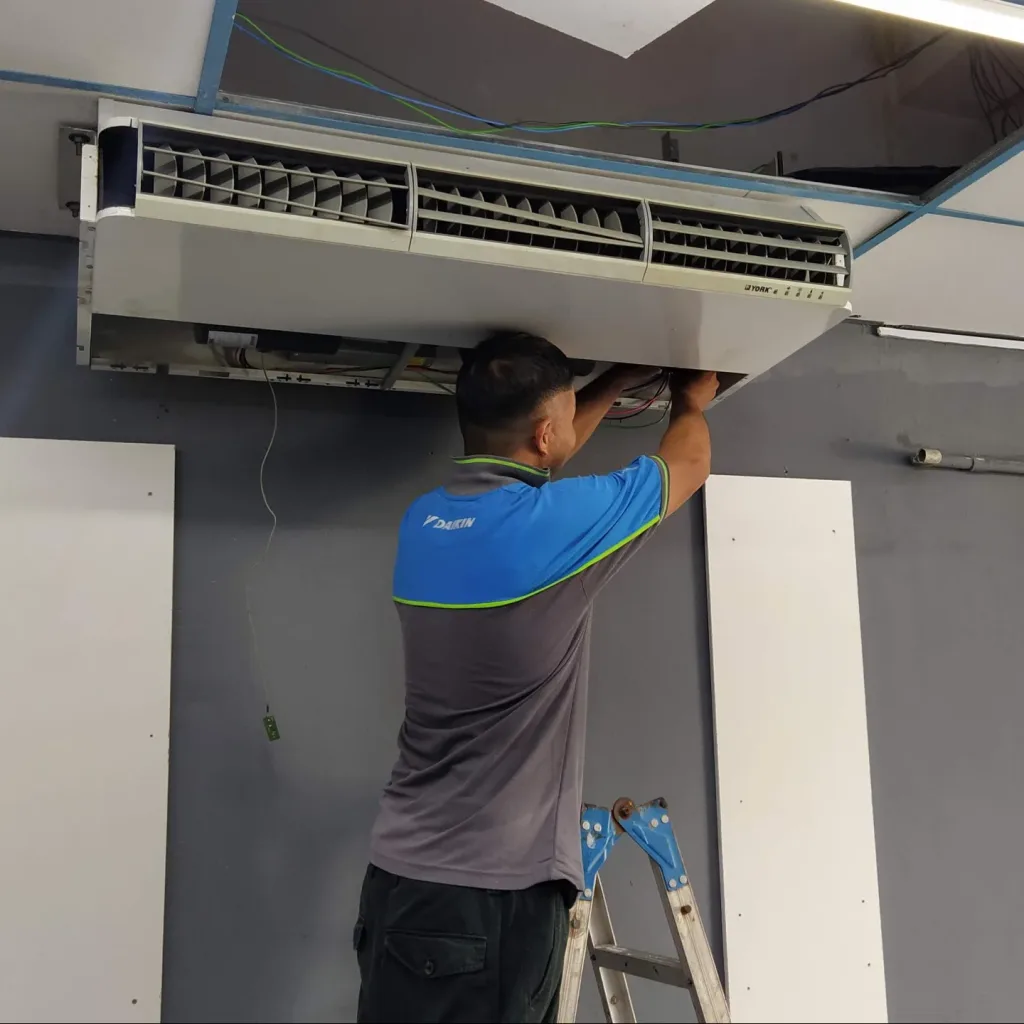Introduction: As an air conditioning technician in a tropical climate, I understand the challenges that homeowners face when it comes to maintaining a comfortable indoor environment. With the constant heat and humidity, air conditioners in tropical climates tend to experience specific issues that can disrupt their performance. In this blog post, we will explore some common AC problems in tropical climates and provide practical solutions to help you keep your cool all year round.
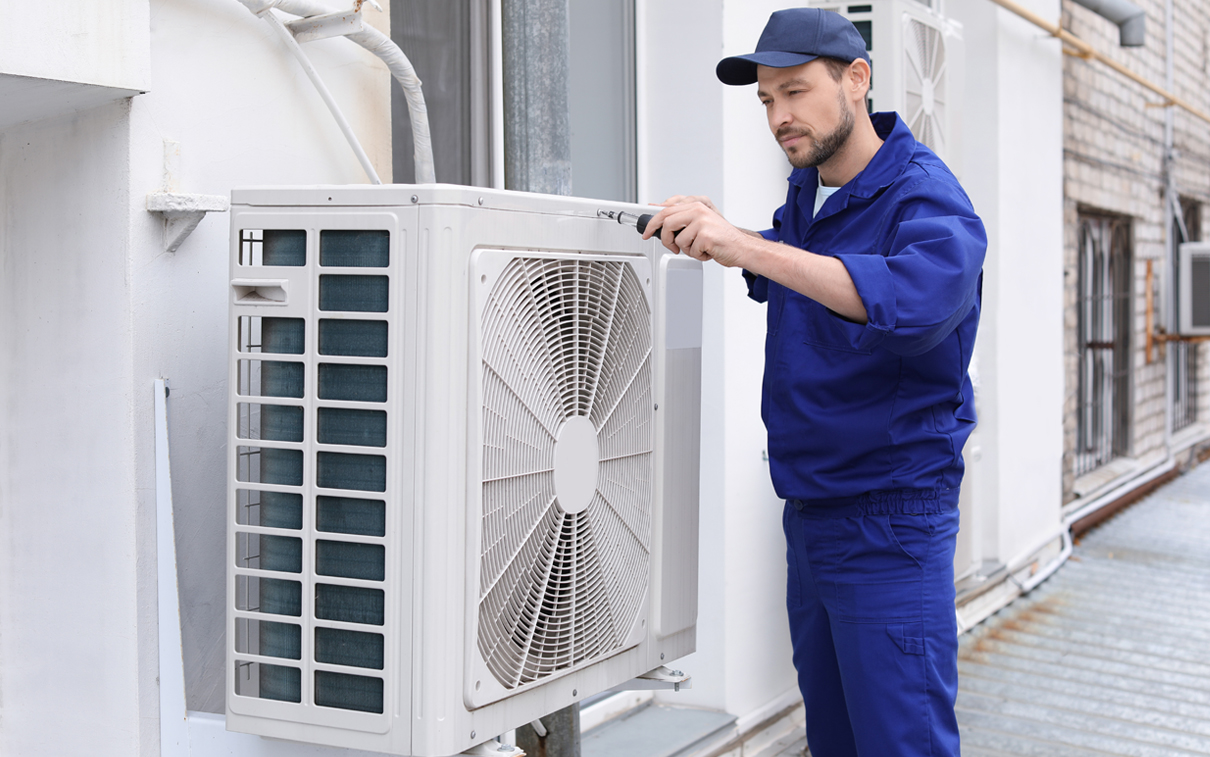
Problem 1: Air Conditioner Not Cooling Efficiently One of the most common issues faced in tropical climates is when the air conditioner fails to cool the space effectively. This problem can be caused by various factors, such as a dirty air filter, blocked vents, or inadequate refrigerant levels. To solve this problem, start by cleaning or replacing the air filter regularly. Ensure that the vents are clear from any obstructions and check the refrigerant levels. If the issue persists, it is recommended to seek professional assistance to diagnose and fix the problem efficiently.
Problem 2: AC Unit Producing Strange Noises Unusual noises coming from your air conditioner can be alarming. Rattling, buzzing, or grinding sounds may indicate loose or worn-out components, such as fan blades, motors, or belts. Ignoring these noises can lead to further damage and costly repairs. To address this problem, it is advisable to turn off the AC unit immediately and contact a qualified technician. They will inspect and repair the faulty components, ensuring the smooth and silent operation of your air conditioner.
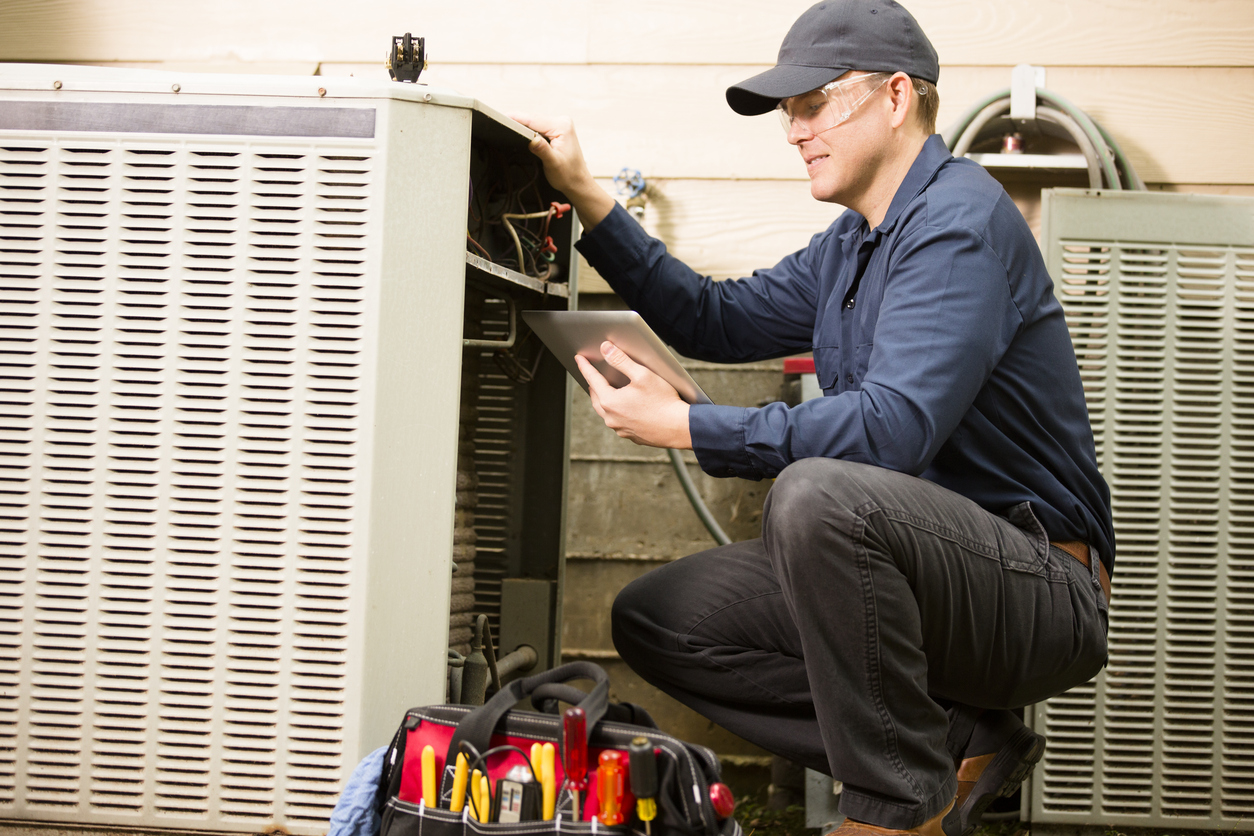
Problem 3: Water Leaks from the AC Unit Water leaks are a common issue, especially in tropical climates where high humidity levels are prevalent. This problem is typically caused by a clogged condensate drain line or a malfunctioning condensate pump. If you notice water dripping or pooling around your air conditioner, it is essential to take prompt action. Start by checking the condensate drain line for any blockages and clear them if necessary. If the problem persists, it is advisable to seek professional help to inspect and repair the condensate pump or any other underlying issues.
Problem 4: AC Unit Freezing Up Another common AC problem in tropical climates is when the unit starts freezing up. This issue can occur due to restricted airflow, low refrigerant levels, or a malfunctioning thermostat. If you notice ice forming on the AC unit or reduced airflow, the first step is to turn off the system and allow it to thaw completely. Check the air filter and replace it if needed. If the problem persists, it is recommended to consult a professional technician who can diagnose and resolve the underlying cause of the freezing issue.
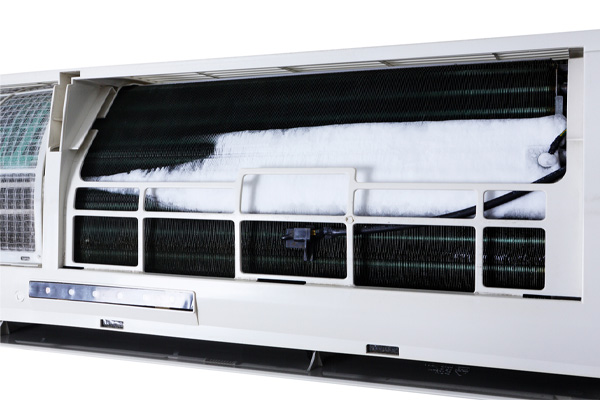
Problem 5: High Energy Bills Tropical climates often result in increased usage of air conditioning, leading to higher energy bills. However, if you notice an unexpected spike in your energy consumption, it may indicate an underlying issue. Common culprits include dirty air filters, leaky ducts, or an inefficiently functioning AC unit. To address this problem, start by regularly cleaning or replacing your air filters. Inspect your ductwork for any leaks and seal them properly. Additionally, scheduling annual maintenance with a professional technician can optimize your AC system’s efficiency and help reduce energy costs.
Conclusion: Living in a tropical climate comes with its own set of challenges when it comes to air conditioning. By being aware of the common AC problems and their solutions, you can ensure a comfortable indoor environment all year round. Remember to regularly clean or replace air filters, clear any blockages, and seek professional help for complex issues. With proper maintenance and timely repairs, your air conditioner will perform optimally, keeping you cool and comfortable in the tropical heat.
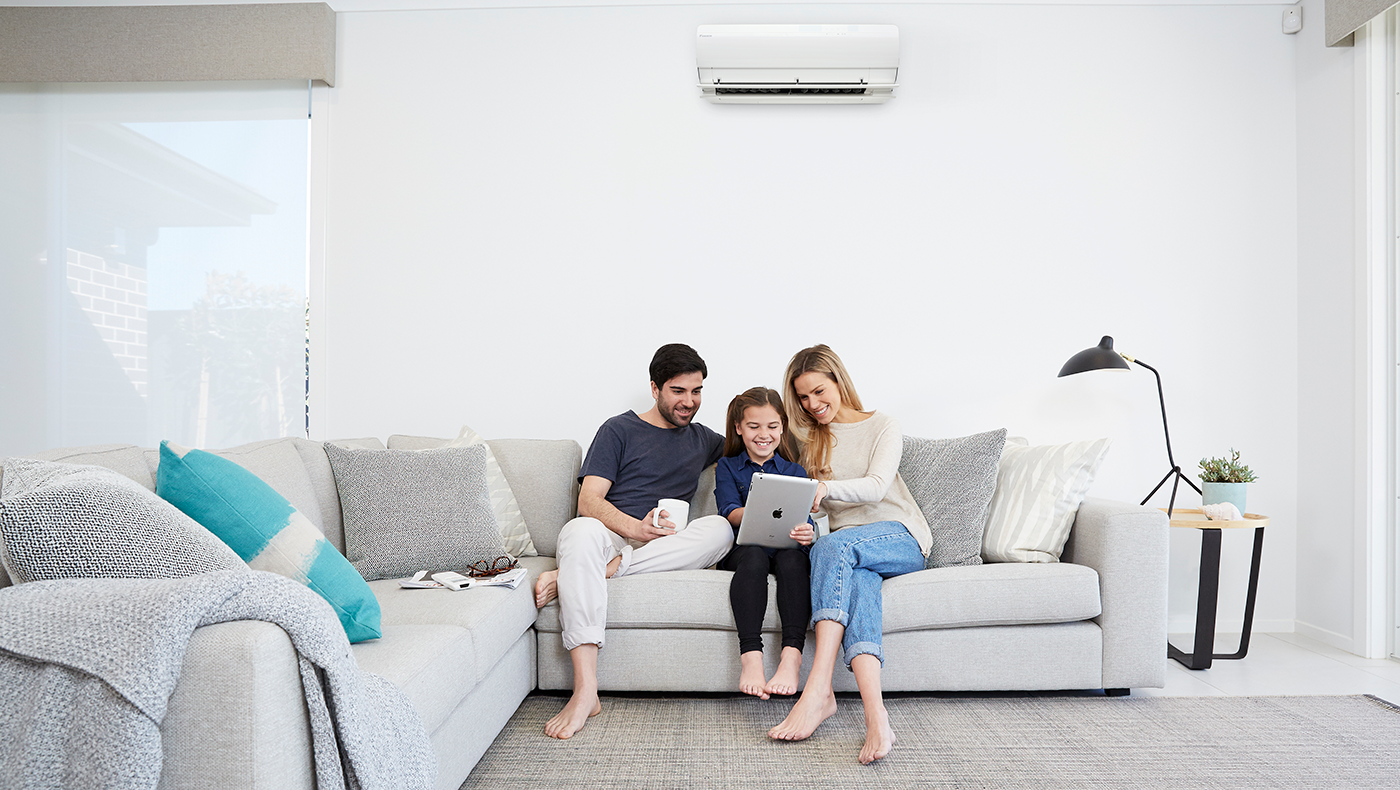
We hope this blog post has been informative and helpful. If you have any further questions or need assistance with your air conditioning system, feel free to contact us. Stay cool!
